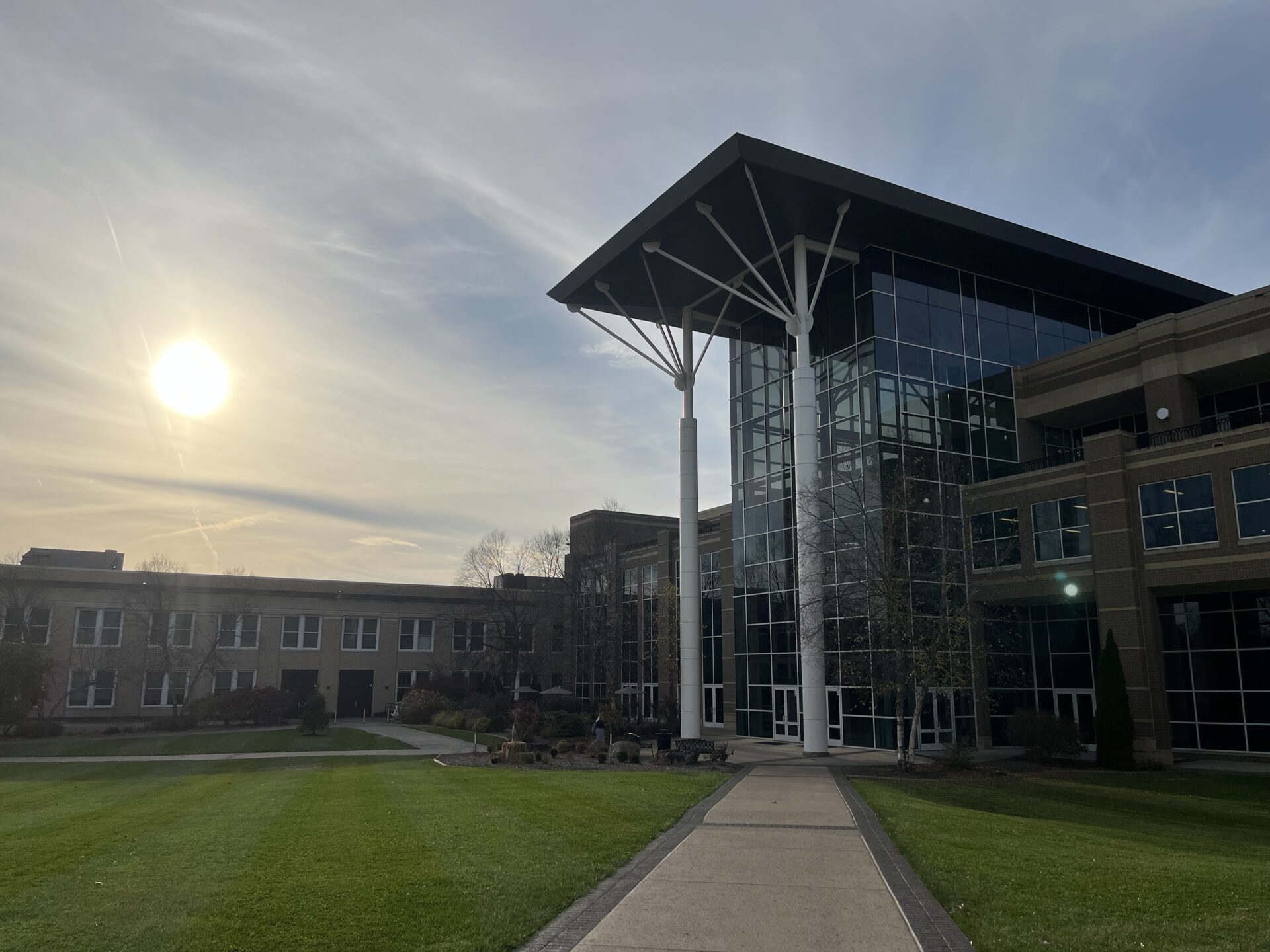The court found that the plaintiffs “demonstrated that DHHR maintains an inadequate array of placements to meet the needs of these foster children.”
Updated: 6:45 p.m. August 18, 2023.
A federal district court in West Virginia on Thursday certified the foster care case, Jonathan R. v. Justice, as a class action, allowing it to proceed on behalf of all of the children in foster care in the state.
According to the West Virginia Department of Health and Human Resources (DHHR) Child Welfare Dashboard, on August 18, 2023, there are 6,298 children in state care.
Legislation passed earlier this year directed the DHHR to separate after years of turmoil within the agency. House Bill 2006 terminates the DHHR beginning Jan. 1, 2024 and creates three departments: the Department of Human Services, the Department of Health and the Department of Health Facilities. The bill was signed into law on March 4.
The DHHR oversees the state’s child welfare system, under the Department of Human Services and Bureau for Social Services.
The lawsuit against the DHHR was originally filed in September 2019. The original complaint against West Virginia officials alleged that they violated the rights of a dozen foster care children.
Marcia Robinson Lowry is the lead plaintiff for the class and executive director of A Better Childhood (“ABC”). ABC is counsel for the children, along with Shaffer & Shaffer, a West Virginia law firm and the non-profit organization Disability Rights of West Virginia.
“This is a careful, thoughtful decision, which will allow us to fully represent all these children
and finally prove that the state’s foster care system exposes children to the unreasonable risk of
serious harm, which the Constitution bars the state from inflicting on children,” Lowry said.
The group filed a complaint in federal court in October 2019, denouncing the Department of Health and Human Resource’s “over-reliance” on shelter care, shortages in case workers and a “failure to appropriately plan for the children in its custody.”
The following year, a motion for class action status was filed but left undecided when the case was dismissed in 2021. In 2022, that decision was reversed by the Fourth Circuit Court of Appeals and the class action motion was renewed in May 2023.
Lawyers from Shaffer and Shaffer, ABC and Disability Rights of West Virginia had to make an initial showing that they could prove their initial claims against the agency.
The court found that the plaintiffs “demonstrated that DHHR maintains an inadequate array of placements to meet the needs of these foster children.”
The court stated in its decision: “Plaintiffs paint a grim picture of a deeply flawed system that inflicts on vulnerable children much of the same abuse and neglect that it was designed to redress.”
The court also found that DHHR “contrary to its own stated policies fails to include families in the case planning process and engage in permanency planning for children.”
The court concluded that the plaintiffs had sufficient evidence of high caseloads and chronic understaffing and found that plaintiffs had shown these were long-standing problems.
“We will be moving forward to now present evidence of the state’s long-term neglect of these children, and how they have been seriously damaged by the state’s foster care system,” said Lowry. “The state is supposed to protect, not further harm, these vulnerable children. Instead, this system has ignored these children for far too long. It is time that the state is finally held accountable.”
Response from the West Virginia Department of Health and Human Resources
The West Virginia Department of Health and Human Resources (DHHR) is committed to improving West Virginia’s children’s mental health system to ensure that children can receive appropriate mental health and social services in their homes, schools, and communities, efficiently and effectively through home and community-based services including West Virginia Wraparound, Children’s Mobile Crisis Response and Stabilization, Stabilization and Treatment Homes, Behavioral Support Services, Assertive Community Treatment, and Mental Health Screening.
DHHR has implemented several initiatives including the Resource Rundown webinar to educate foster parents and the public about available services; the Pathway to Children’s Mental Health Services (Assessment Pathway) to streamline access to mental and behavioral health services for children and families while quickly connecting them with a Wraparound Facilitator to help children and families navigate the process; and ChildStat, an accountability tool used by senior leadership of DHHR’s Bureau for Social Services to monitor and track progress on key performance indicators.
DHHR also developed an informal Youth Advisory Council whereby senior leadership of the Bureau for Social Services meet regularly with children aging out of shelters to hear their concerns on how the child welfare system impacted their life and suggestions to improve it, implemented an email reporting system for mandated reporters in the education field to report suspected abuse and/or neglect, and launched the Children’s Crisis and Referral Line to connect families to services including Children’s Mobile Crisis Response and Stabilization teams, which de-escalate behavioral health crises by phone or in person, and West Virginia Wraparound, which includes the Children with Serious Emotional Disorder Waiver.
As of July 31, 2023, the vacancy rate for child protective services workers is 17 percent. DHHR recently published its semi-annual report outlining the expansion of children’s mental health system.
